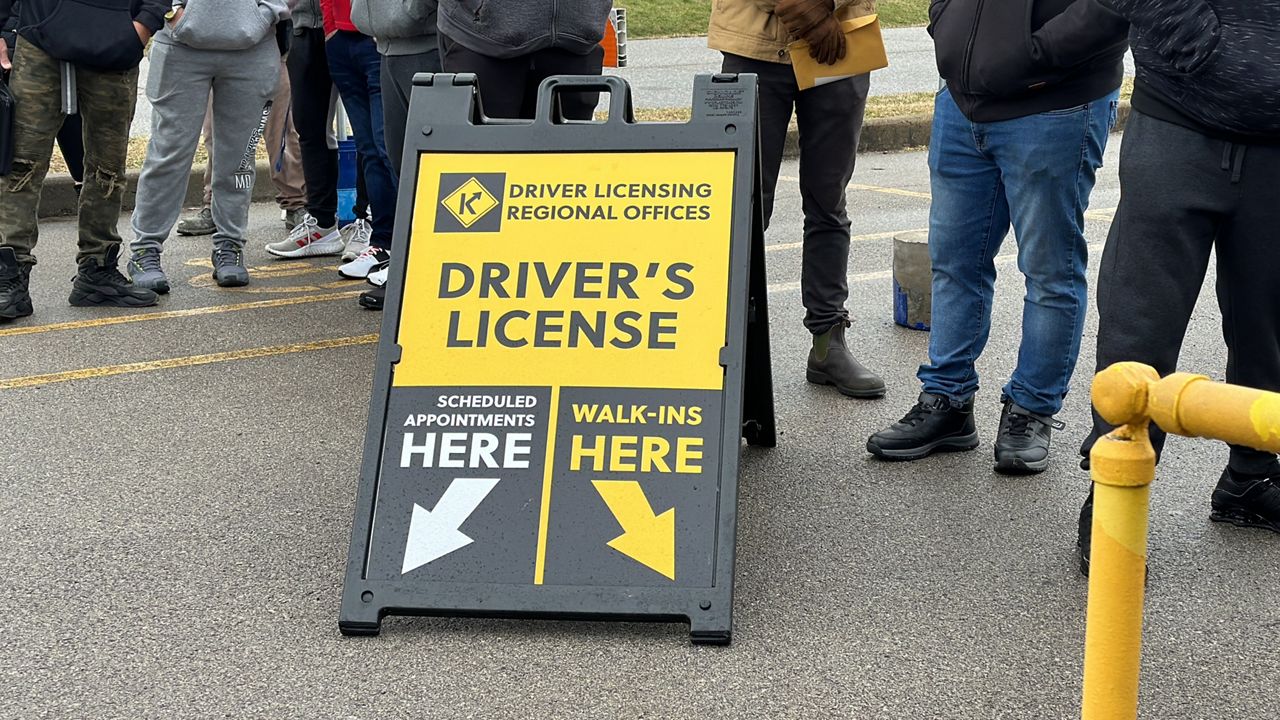LOUISVILLE, Ky. — While tragedies like the Old National Bank mass shooting in downtown Louisville truly affect entire communities, cities, and more, doctors and others in hospitals—and specifically emergency rooms—have a role that’s simply unavoidable and understandably traumatic.
Pain, pressure and emotions found a place right here in the commonwealth this past Monday after a 25-year-old bank employee used an AR-15 assault-style rifle to kill five coworkers while livestreaming before police fatally shot him. Eight others were injured, including a police officer who was shot in the head and remains hospitalized in critical condition.
It’s something health officials like the University of Kentucky’s assistant professor of psychiatry, Jennifer Godbey says can be tough to maneuver through.
“For most professionals, they and I know this happens for me, too. We switch into, ‘I’ve got to put my work hat on at this moment so that I can respond with all my professional training and expertise to the clinical needs of the patients coming in,’” Godbey explained.
Godbey says that after dealing with traumatic events, people, and even doctors, will need support.
“I think what happens eventually is that at some point, their shift is over. And that’s when they most need somebody to take the time to listen to show up,” Godbey said about how communication has been a successful tool in decompressing from certain traumatic experiences.
It’s something she’s dealt with as a professional. “Particularly in my field, as many other social workers who don’t do therapy say, well, I already know everything about it, so they hesitate to reach out to therapy themselves,” she said.
Even with consistent training and professional experience, Godbey said it can cause overwhelming feelings of depression, anxiety and isolation that affect their mental health.
Between 2019 and 2020, according to Mental Health America, over 50 million adults in the U.S. are dealing with a mental health issue and mental health support services are something that aren’t always a top priority.
Godbey, however, recommends for her and her peers in the field to follow their best practices to maintain health.
“Remember that we’re human to you, and just because we know what is good self-care and what is healthy and what other people need doesn’t mean we always do it,” she said.
The future remains unpredictable. Godbey said people, families and individuals can make up for the emotional strain felt in the community.
“We don’t have a seamless service delivery system and there are gaps. And we need people to fill them, that’s for sure. The truth is anybody can,” she said. “Even when you’re suffering, you also can be supportive of each other.”
It can even improve people’s mental health by taking concerns to your local and state officials and making your voice and those concerns heard, Godbey said.










